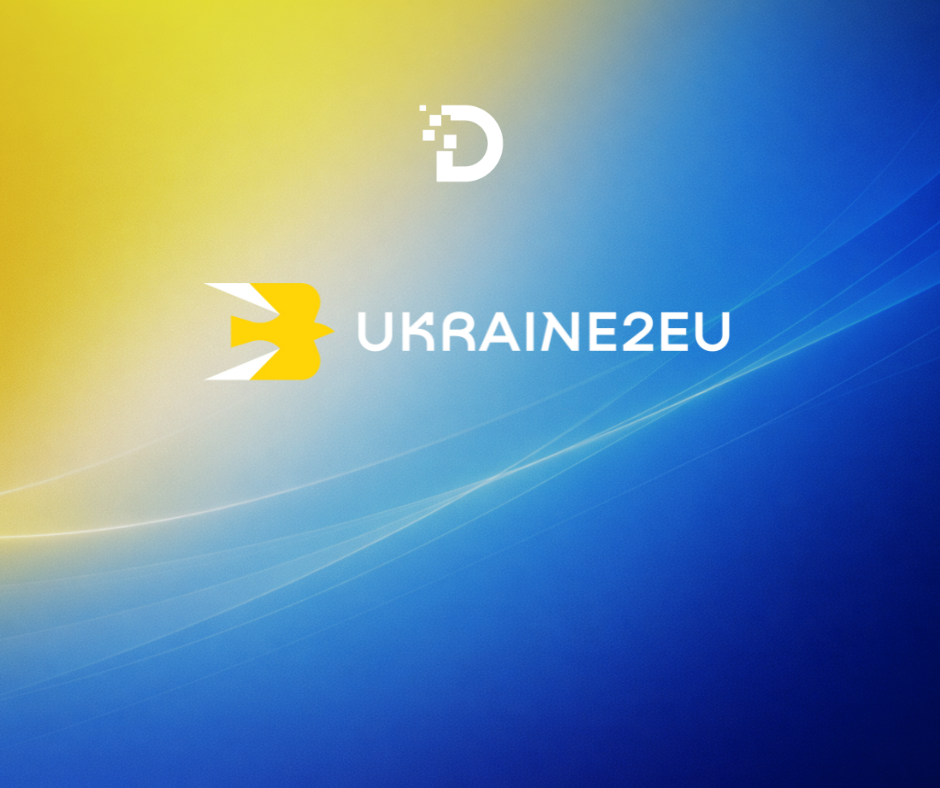INTRODUCING DATAIST: THE AI-POWERED GDPR PARALEGAL. Insights on Building the Pioneering GPT
- DATAISTIC
- Nov 14, 2023
- 2 min read

We are thrilled to launch Dataist, the AI-Powered GDPR paralegal developed as a GPT (Generative Pre-trained Transformer) on the OpenAI platform. It's now available for subscribers of Chat GPT Plus.
Dataist GPT represents a small yet significant first step in transforming our 15+ years of experience and know-how in assisting businesses with GDPR & global privacy compliance into an AI-powered paralegal, and ultimately, an AI data privacy lawyer. Follow Dataist for further updates and news!
Launched in a test version, Dataist provides information to help businesses to comply with the EU General Data Protection Regulation (GDPR). Similar to human paralegals, Dataist GPT offers valuable insights for understanding and applying the law, but it should be regarded as a source of general information subject to scrutiny rather than legal advice.
We are eager to hear about your experiences, receive feedback, and learn from mistakes. This will contribute to our ongoing efforts to incrementally build and improve AI products and the scope and accuracy of the content they generate.
Hera are our key insights on building the pioneering GDPR-Dedicated GPT (which may also be relevant to others building GPTs in the field of law):
1. The fact that OpenAI's GPT Builder enables the creation of a simple, no-code legal/compliance assistant using your know-how database through natural language conversation, rather than coding, is fascinating!
2. System prompts for legal AI assistants require more complex and multiple prompts, as well as a variety of knowledge sources. Currently, the GPT Builder is somewhat limited in this regard, but through trial and error, it can be bent. Following OpenAI's direction, we expect this to evolve over time.
3. The AI paralegals of today and the AI lawyers of the future should combine both human input and AI knowledge, striking a smart balance between the two. In line with a timeless principle elegently formulated by PayPayl founder and visioner venture capitalist Peter Thiel, best AI products in the field are likely to represent a union of man and machine.
4. Simple legal work that can be executed by AI should not occupy humans, whose efforts should be focused on intellectually deeper and more strategic tasks, like creating a know-how database and solving hard cases.
5. GDPR compliance is a good candidate for AI-powered transformation. It has become mystified, overly formalistic, and exceedingly detailed, sometimes making it challenging to grasp the values behind the regulation. So, why not make it more accessible, understandable, and solvable for growing tech businesses, NGOs and everyone?




Comments